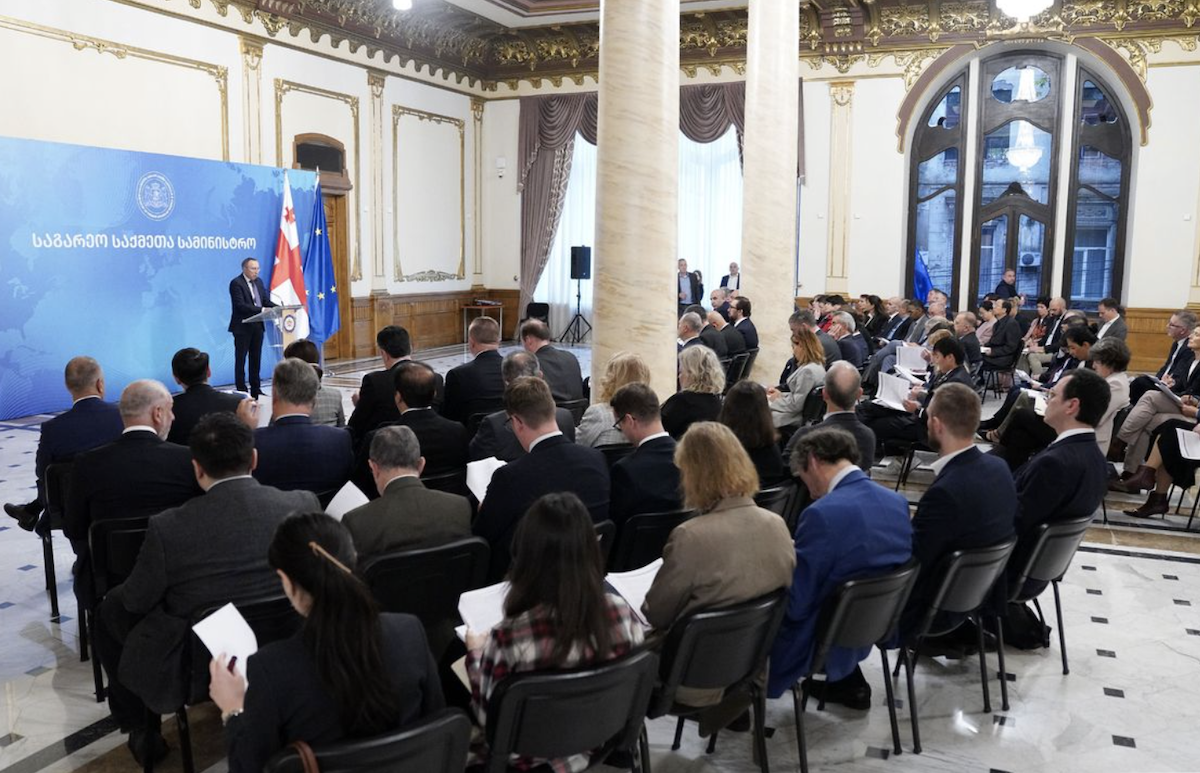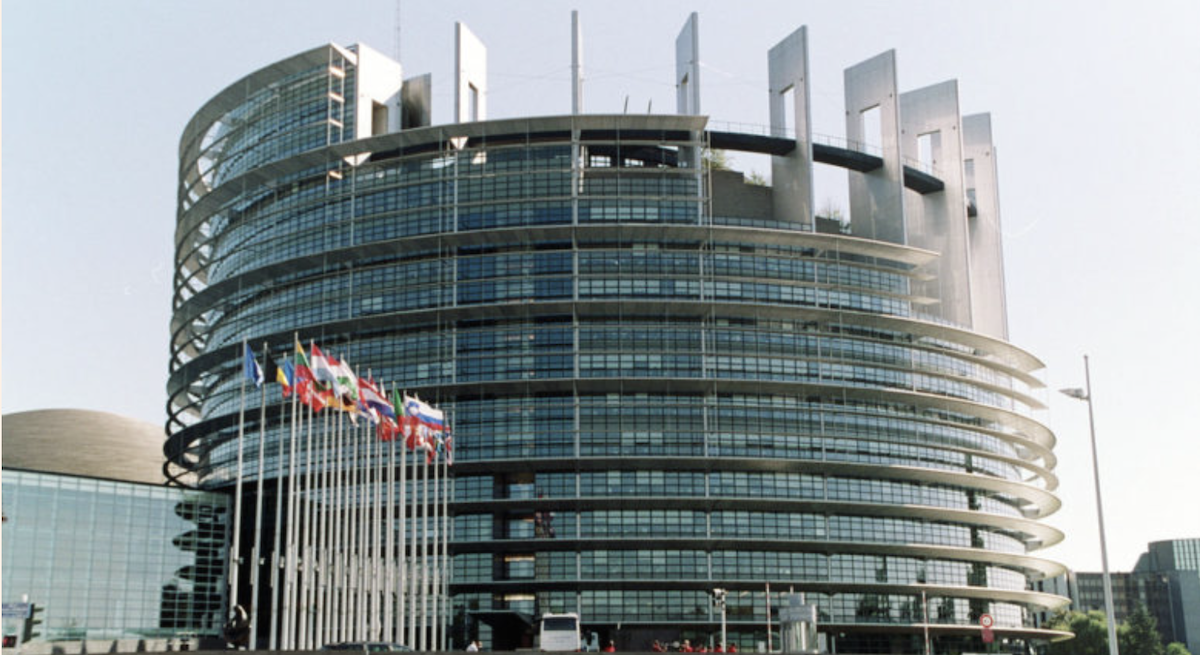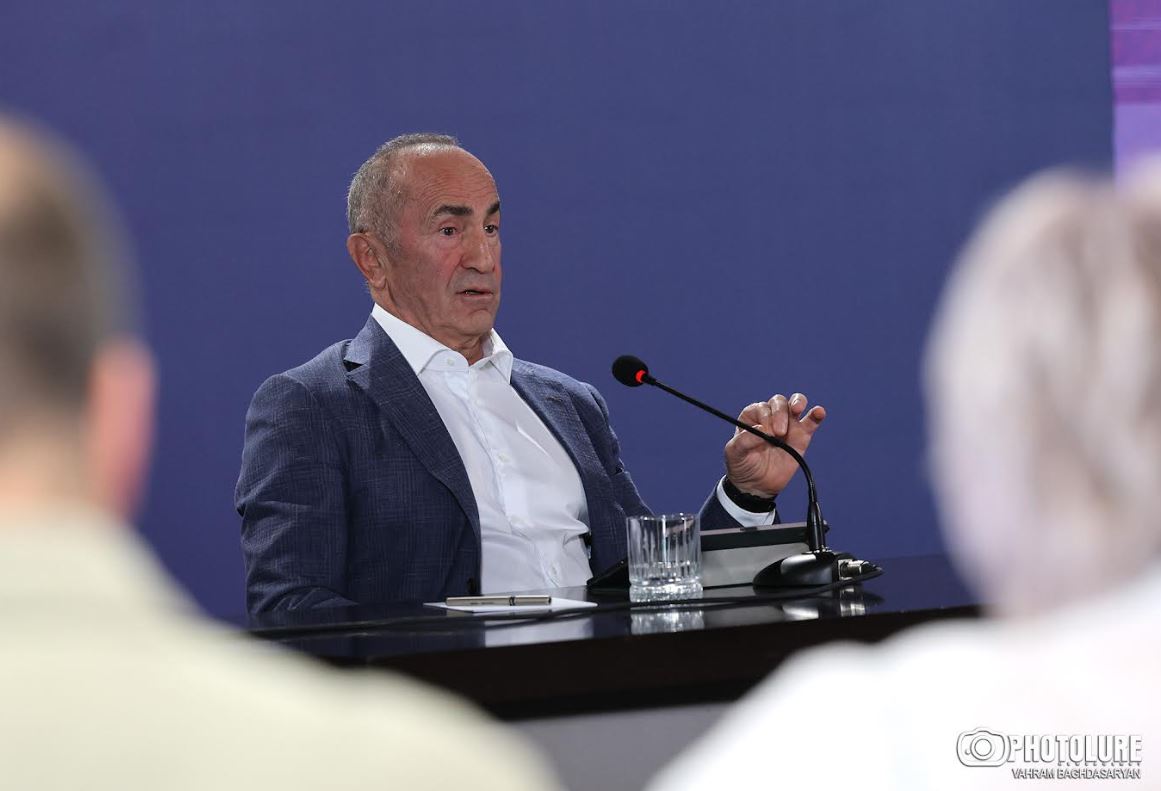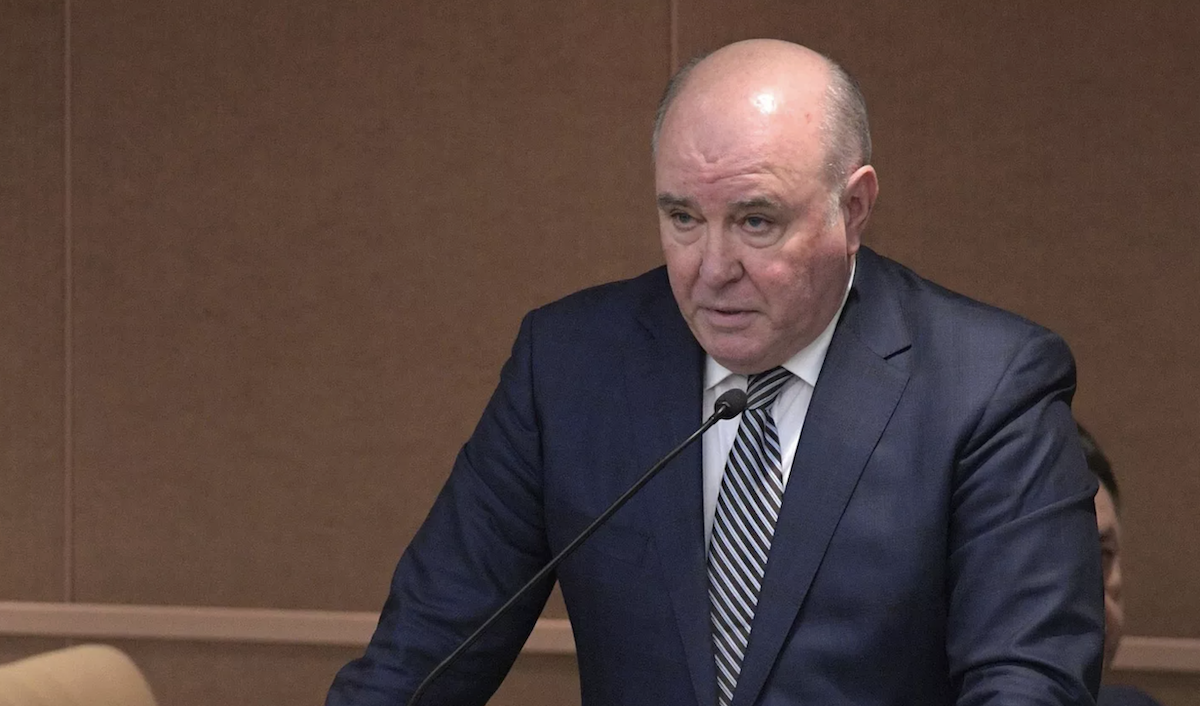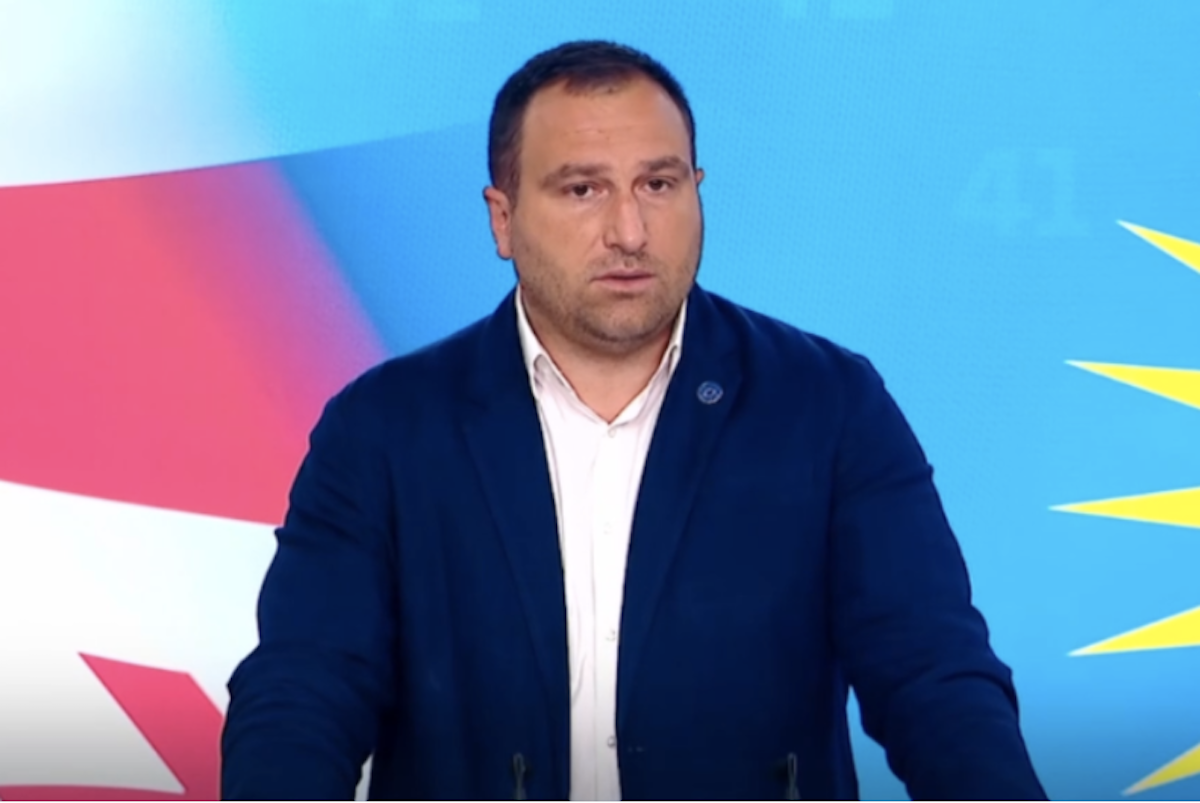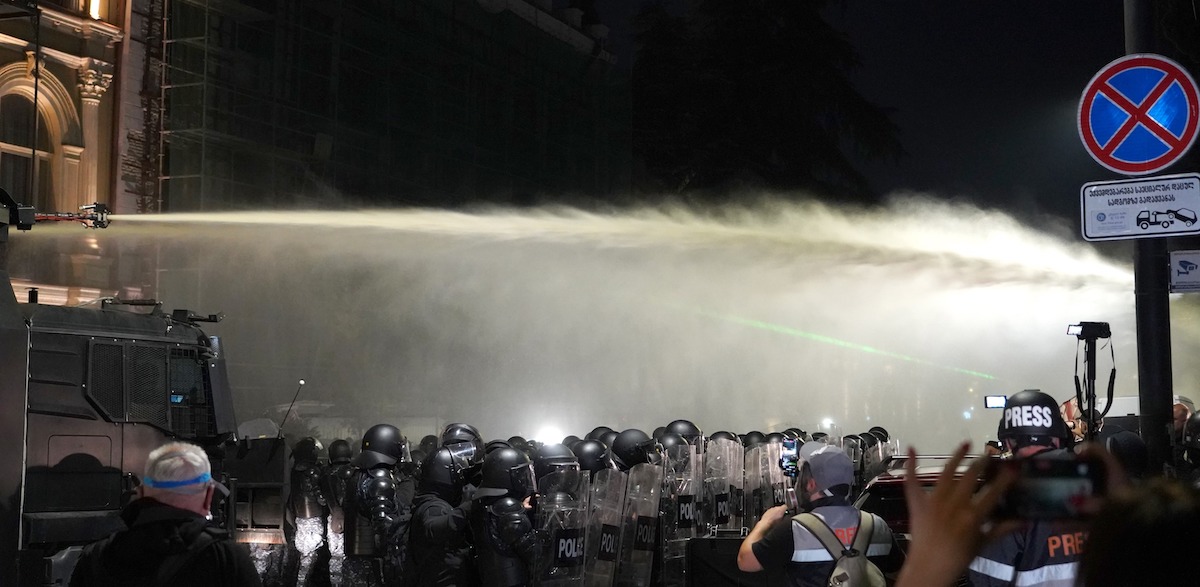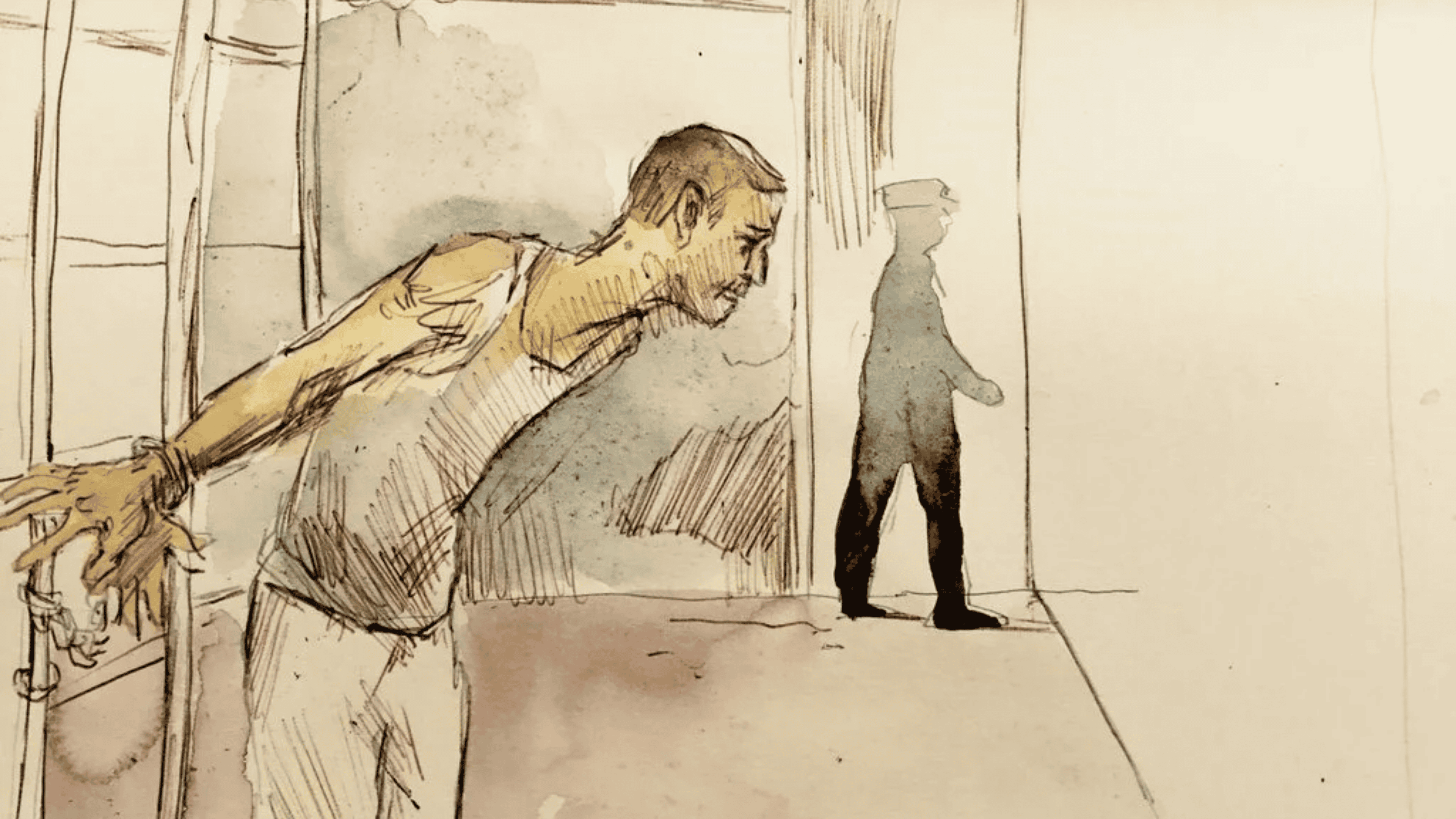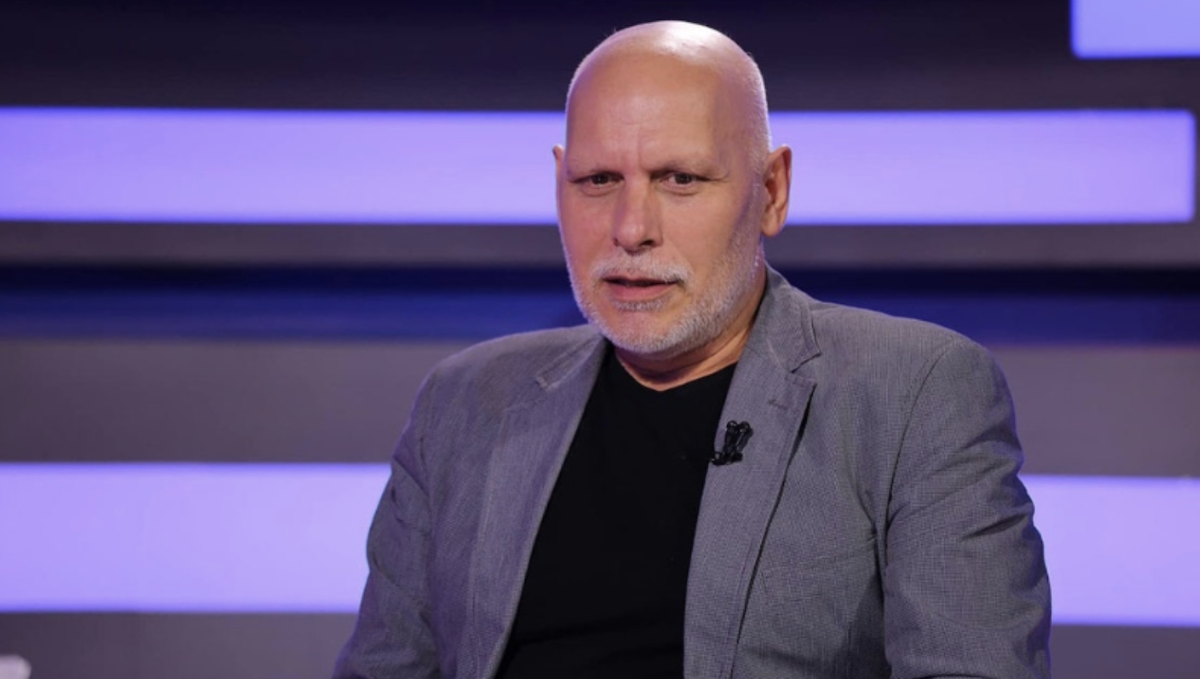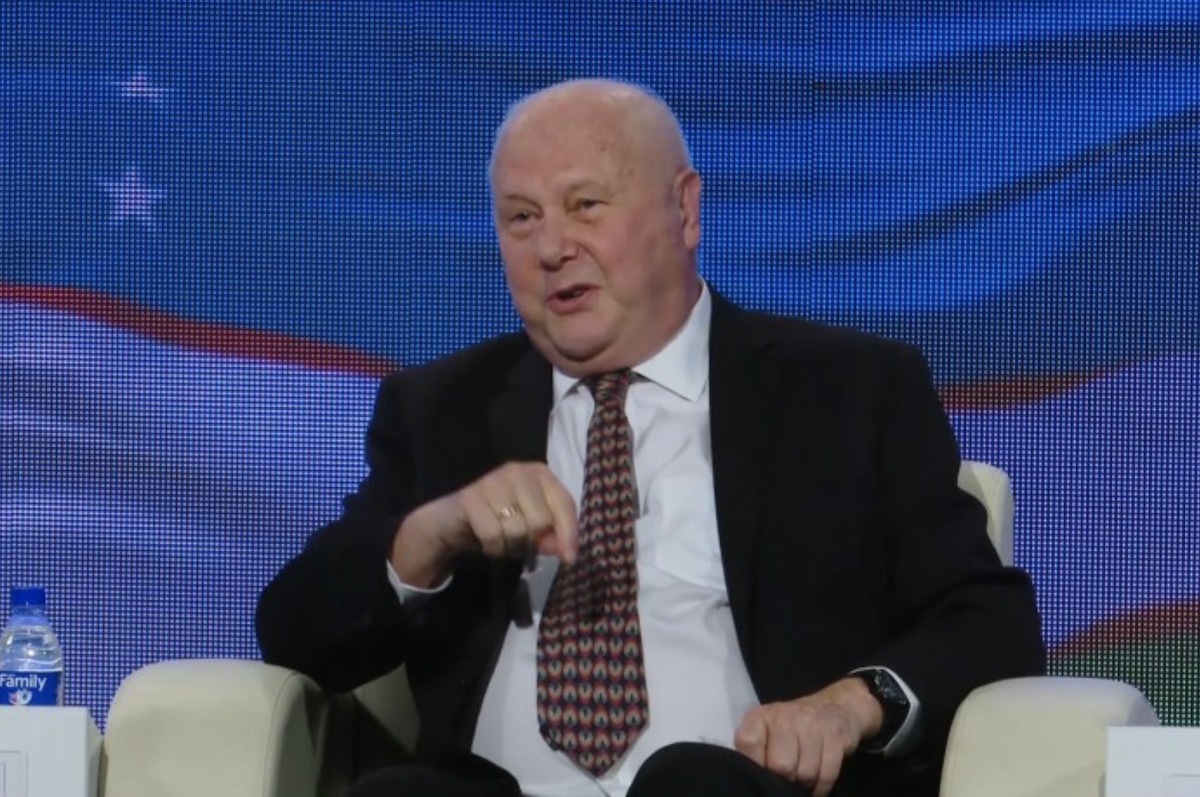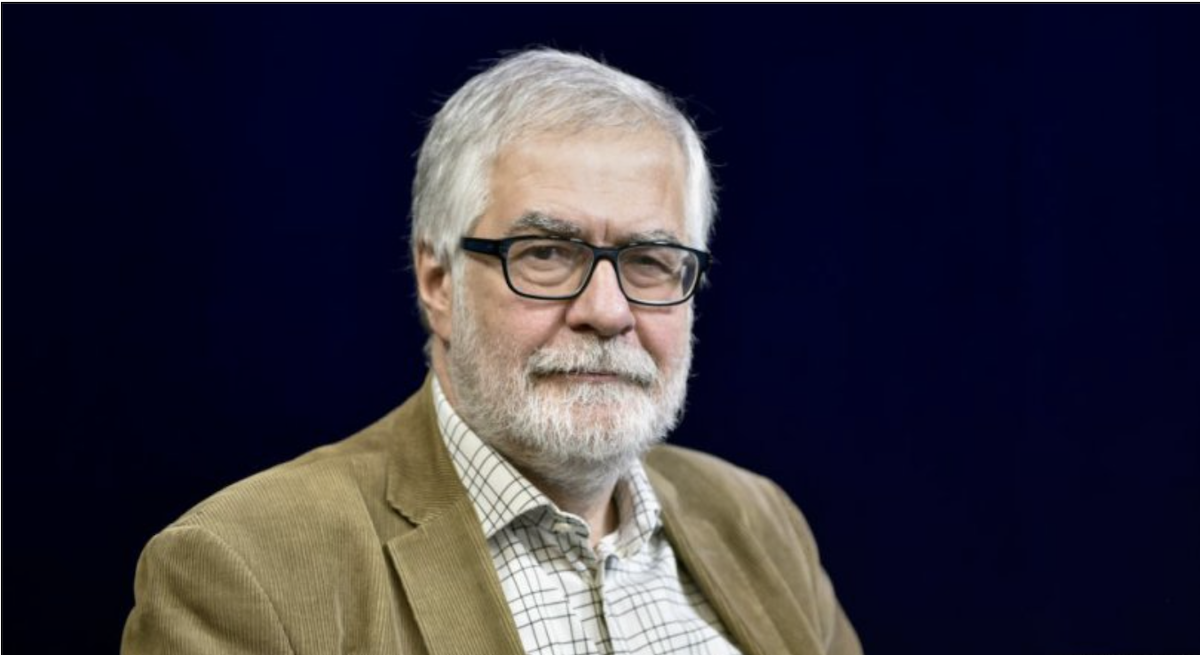Explainer: what happened in Abkhazia and what’s next – between the president’s dismissal & new elections
Within the span of just one week, the political situation in Abkhazia has changed dramatically.
On January 13, President Raul Khajimba resigned after mass protests, the opposition’s seizure of the building of the presidential administration and the Supreme Court’s decision to remove him from office.
New presidential elections have been scheduled for March 22, while Prime Minister Valeri Bganba has been appointed interim president.
Why did the crisis develop so fast? What were the triggers behind the explosion? What can be expected moving forward?
• Abkhaz parliament requests president resign amid protests
• Poisoning, shootings and elections – the main events of Abkhazia in 2019
Why in just six months has the attitude towards the president changed so much
On September 8, 2019, Raul Khajimba won the second round of the presidential election, securing himself a second term in the position.
The opposition protested from the very beginning and stated the victory was illegitimate, given Khajimba won only 47 percent of the vote, while the law requires 50 percent +1 of all voters.
The events of January 2020 confirmed the validity of these allegations.
But no one disputed that Khajimba had received his 47 percent of the vote honestly, which thus brings up the question of: how is it possible that just six months after the elections, Khajimba’s confidence and approval rating fell so low that there was simply nobody to protect his authority?
Many say that the decisive factor was not the missing four percent of the vote, but rather the January 5 arrest of the president’s security guard on charges of involvement in the shooting of three people on the Sukhum embankment in November 2019.
Even those who voted for Khajimba in the elections in 2019 and were loyal to him, as well as those who believe that he did not know about the criminal background of his guard, were unable to stomach such a frank and fragrant union of power and the criminal underworld, and felt his resignation was necessary.
“How can one rule when you are not even aware of what your own guard is doing under your nose?”, many in Abkhazia say today.
Opposition leader who survived alleged poisoning attempt leads charge
When opposition supporters stormed the presidential administration building on January 9, leader of the united opposition Aslan Bzhania returned to Abkhazia.
He had been receiving treatment in Moscow after he survived after an alleged attempt to poison him.
In mid-April 2019, Bzhania suddenly fell ill and was first hospitalized in Moscow, and later transported to Berlin. A large concentration of mercury, cadmium and aluminum was found in his blood.
Prior to the event, he was the opposition’s candidate in the presidential election, and posed a serious threat to Khajimba. However, Bzhania had to withdraw from the race, and the opposition was fragmented.
Bzhania himself and his supporters are sure that what happened to him was a poisoning attempt to remove him from the race. Different accounts of what happened can be read here.
Upon returning, Aslan Bzhania assumed the function of the political leader of the discontented masses. It was he who negotiated with Raul Khajimba with the mediation of Deputy Secretary of the Security Council of Russia Rashid Nurgaliev on the conditions for the early resignation of the president.
Apparently, in the presidential election on March 22, the opposition will again rely on Aslan Bzhania as its single candidate. He has already announced his participation.
Also, the ex-Minister of Internal Affairs of Abkhazia Leonid Dzyapshba announced his intention to run for office.
A third force – influential politician, ex-president Alexander Ankvab
Of considerable importance for the outcome of the new presidential election will be the decision that will be made by influential politician, ex-president Alexander Ankvab and his party, Aitaira.
Ankvab did not take an active part in the rally of the overthrow of Raul Khajimba. But on the day that the protesters seized the presidential palace, it was his party who made the statement that the only way out of the current political crisis would be the resignation of President Khajimba and the holding of new presidential elections.
Ankvab usually goes his own way, and it can be assumed that this time too he will not unite with the opposition headed by Aslan Bzhania.
In the presidential election in 2019, he nominated Oleg Arshba as his candidate. But since Arshba took only the third place, most likely this time someone else will be the candidate from Ankvab and Aitaira.
Khajimba is unlikely to run himself, but will likely fight for power
The dismissed Raul Khajimba hypothetically may run for the new elections, given there are no legal obstacles, however even his supporters are unlikely to vote for him in this upcoming round.
However, this does not mean that none of the ‘Khajimbists’ will be declared for the presidential race. It is quite possible that the new mayor of Sukhum, Kan Kvarchia will be selected as Khajimba’s candidate.
His popularity has grown markedly since his appointment to this position in October 2019.
New influential figure – ex-combatant, relative of ‘thief-in-law’
All of the above political players are well known to everyone, however there is one newcomer to the field.
Akhra Avidzba fought in eastern Ukraine on the side of the breakaway regions which unilaterally declared their independence from Kyiv.
He is a close relative of the famous thief in law Astamur Avidzba, one of those who was killed during the shoot-out on the Sukhum embankment in November 2019.
It was Akhra Avidzba who led the people to the presidential palace, led them to storm, which ultimately determined the outcome of the events. Opposition leaders at that time participated in the Supreme Court’s hearing, hoping that its cassation board would reverse the CEC’s decision to declare Khajimba the winner of the presidential race.
Akhra Avidzba is 34 years old, and by age he does not fit into the age limit established for presidential candidates. By law, only a person from 35 to 65 years old can become president.
Nevertheless, Avidzba is able to influence the process, and moreover seriously.










